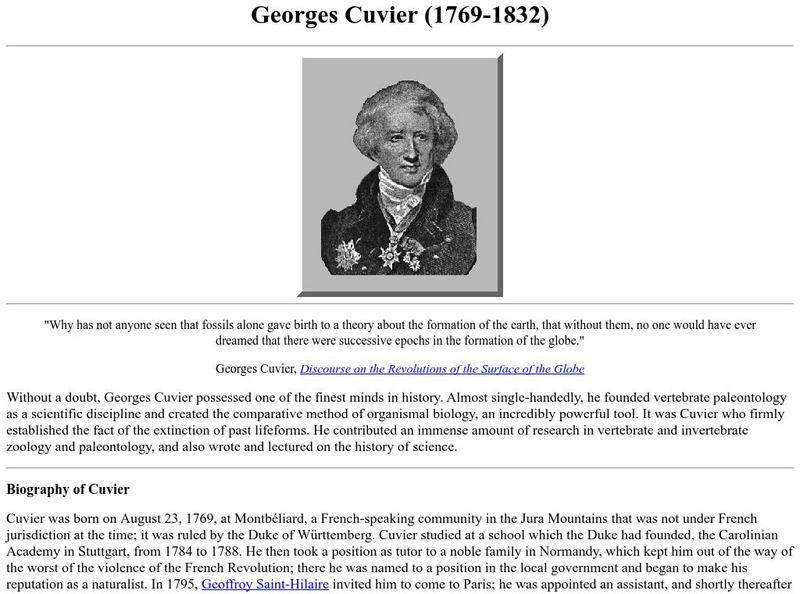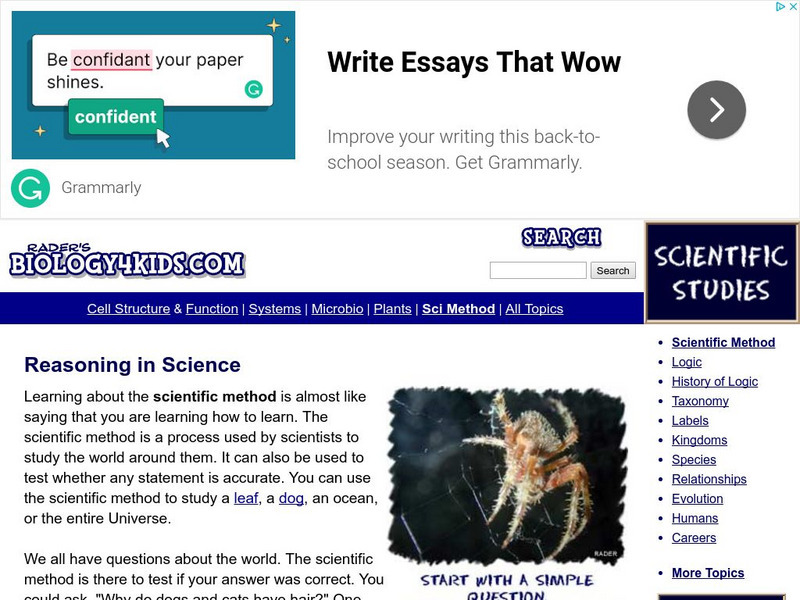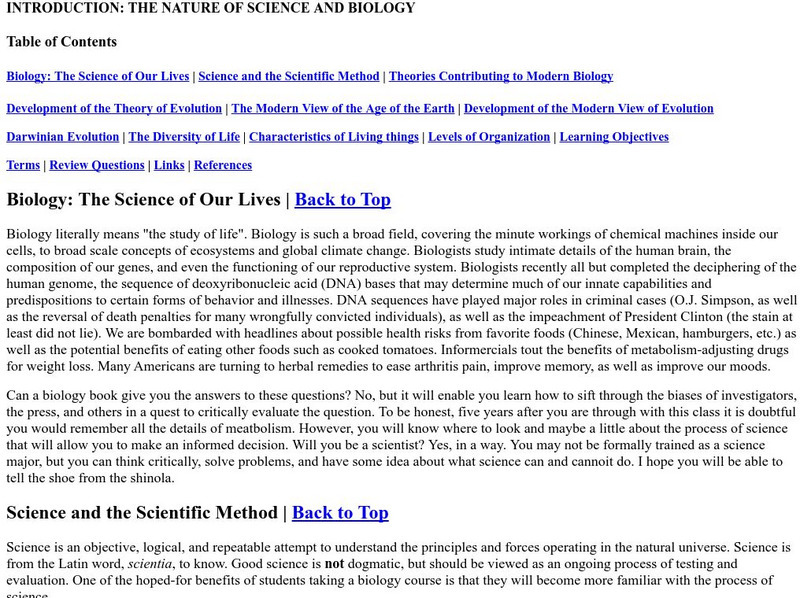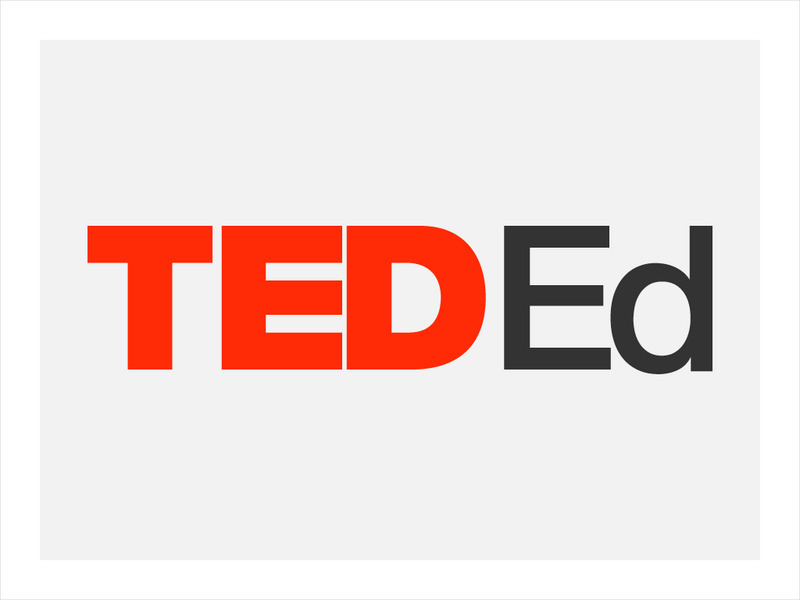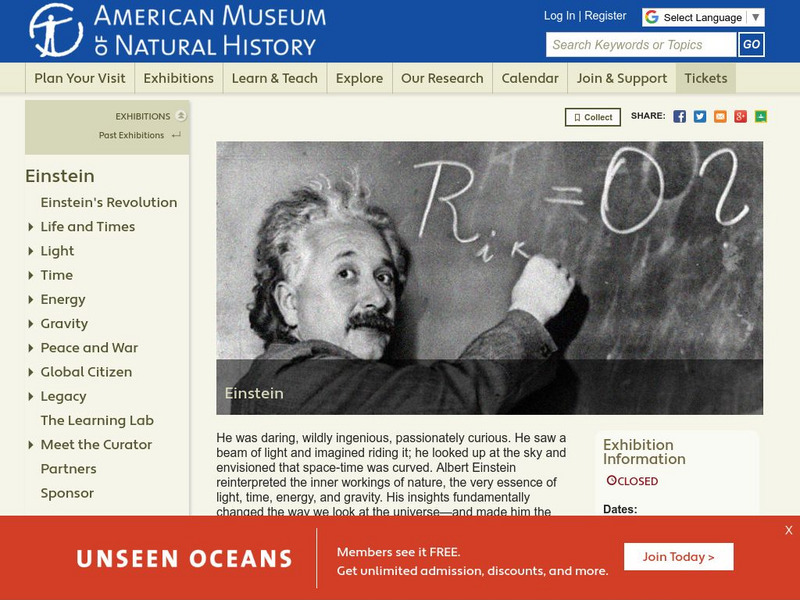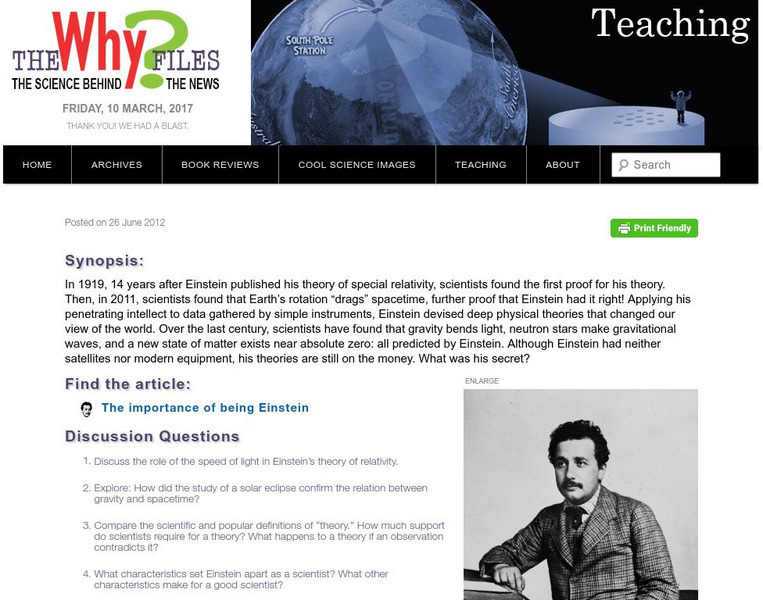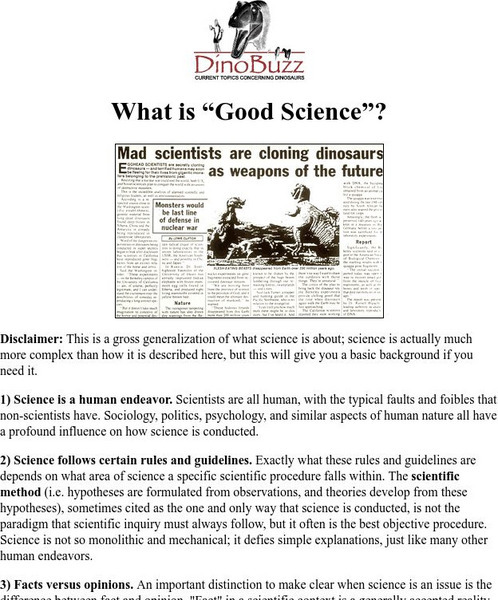Hi, what do you want to do?
University of California
Ucmp: Georges Cuvier
This site from the University of California, Berkeley offers a biography of George Cuvier. Scientific ideas of George Cuvier are presented, such as those related to comparative anatomy, fossils, the idea of extinction, and others....
Indiana University
Indiana University: Science vs. Non Science
This mini-lesson at the Evolution and Nature of Science Institute site from Indiana University provides a criteria by which students can evaluate an idea or explanation for scientific credibility.
PBS
Pbs Teachers: Scientific American: About All You Can Eat: Feast or Famine
Investigate the theory that including desert plants such as mesquite and cactus in a diet can help control obesity and diabetes. Design a scientific experiment that will test this hypothesis, using control variables, observation and...
Quia
Quia: Nature of Science Scientific Method Concentration
Play a game of concentration by matching terms used in the scientific method to their proper description.
PBS
Pbs Teachers: Scientific American: Animal Einsteins: Who Needs Words, Anyway?
Explore the theory that animals can learn to comprehend abstract concepts by observing to see if specific animal calls are associated with specific actions. Use scientific observation and record-keeping to collect and analyze data.
Biology 4 kids
Biology4 Kids: Scientific Method
This resource breaks down the steps of the scientific method and distinguishes hypothesis, theory and law. A quiz is also available to check your understanding.
Scientific American
Scientific American: Einstein's Hot Time
This article, published by Scientific American (September 2002), re-publishes a short paper by Albert Einstein which "explains" relativity to the layman the pretty girl/hot stove abstract.
PBS
Pbs Teachers: Scientific American: Expedition Panama: Bee Lines
Emulate the work of entomologists and explore biodiversity by collecting insects from different sites and keeping records of various populations. Develop a theory about insects and design a way to test it.
Wikimedia
Wikipedia: Max Planck
Discover the life and accomplishments of the great German scientist Max Planck. This site also provides links to sites explaining theories and scientific terms that are associated with Planck.
CK-12 Foundation
Ck 12: Biology: Basics of Science Study Guide
This comprehensive study guide covers the key terms and basic concepts needed for an intro to science unit.
Estrella Mountain Community College
Online Biology Book: The Nature of Science and Biology
Use the scientific reasoning and critical thinking to take an in-depth look at the basics of biology.
Story Behind the Science
Story Behind the Science: Development of a Mechanism for Continental Drift [Pdf]
Article describing the history of scientific theories about continental drift, and the major researchers involved in this work.
TED Talks
Ted: Ted Ed: At What Moment Are You Dead?
For as far back as we can trace our existence, humans have been fascinated with death and resurrection. But is resurrection really possible? And what is the actual difference between a living creature and a dead body anyway? The...
Seeker
Seeker: Week of 5 5 14: How the Egyptians Really Built the Pyramids
Find out about the new scientific theory about how the pyramids were built and why so many scientists find it convincing.
American Museum of Natural History
American Museum of Natural History: Einstein
This resource is a companion site of a retrospective exhibition held at the American Museum of Natural History in 2002-03, Einstein covers the life and scientific theories of this revolutionary scientist. Includes numerous primary source...
University of Wisconsin
The Why Files: Albert Einstien
A resource to help understand how Einstein's ideas helped mold modern science.
University of California
Understanding Evolution: Nature of Science
Understand the processes behind the nature of science.
University of Waterloo (Canada)
The Concept of Disease: Historical Developments
Contains information on scientific developments surrounding diseases. Includes the following sections: Hippocrates and the Humoral Theory; Fracastoro and the Contagion Theory; Pasteur, Lister, Koch and the Germ Theory; and Current...
Nobel Media AB
The Nobel Prize: The Nobel Prize in Physics 1918: Max Planck
Use this site to learn about the scientific work of physicist, Max Planck (1858-1947 CE), whose studies in radiation and light earned him the 1918 Nobel Prize in Physics. Read his Nobel Lecture, "The genesis and present state of...
Nobel Media AB
The Nobel Prize: The Nobel Prize in Physics 1929
This site from The Nobel Foundation tells the scientific work which earned Louis de Broglie the Nobel Prize in Physics. Here, you can read the Presentation Speech in which Professor C.W. Oseen praises Louis de Broglie's work and de...
Texas Education Agency
Texas Gateway: 1.1 Physics: An Introduction
By the end of this section, you will be able to do the following: Explain the difference between a principle and a law and Explain the difference between a model and a theory.
University of California
Ucmp: What Is "Good Science"?
A very good explanation of the scientific process and the differences between science and non-science. This is a concise and clearly written description.
Story Behind the Science
Story Behind the Science: Ice Ages, an Alien Idea [Pdf]
Article describing the scientific evolution of theories about the ice ages and glaciation. The international efforts of scientists are noted, as well as the influence of societal mores on how long it would generally take for new ideas to...
Story Behind the Science
Story Behind the Science: Story of Cosmic Microwave Background [Pdf]
Article describing the history of the scientific research that led to the discovery of cosmic background radiation, which, according to the Big Bang Theory, is linked to the origin of the universe.





